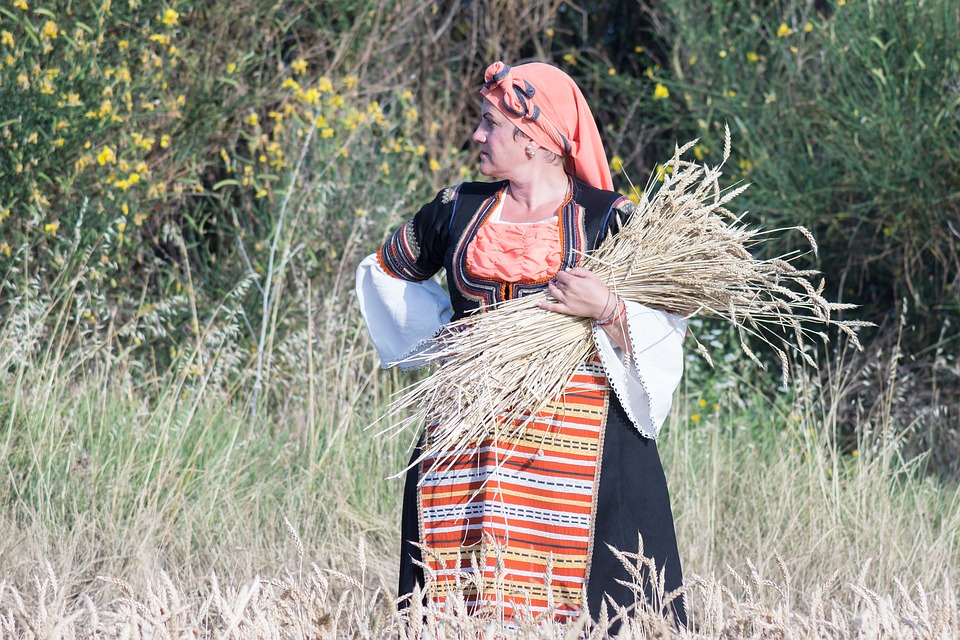Living off the grid and embracing sustainable farming and gardening has been a transformative experience for me. I’ve found immense joy in living harmoniously with nature, growing my own food, and cultivating a deep connection to the land. There’s so much to gain from sustainable agriculture, not just for farmers, but for the environment as well. In this article, I’ll discuss the numerous benefits of sustainable agriculture for farmers and the environment and why it’s a practice that everyone should consider adopting.
sustainable agriculture for farmers and the environment
Sustainable agriculture is a farming practice that aims to produce food in a way that is environmentally friendly, socially responsible, and economically viable. It’s all about working with nature, rather than against it, and finding ways to preserve and enhance the natural resources we rely on. As someone who has spent years living off the grid, I can personally attest to the incredible benefits of sustainable agriculture for both farmers and the environment.
One of the key benefits of sustainable agriculture for farmers is the potential for increased profitability. By prioritizing sustainable practices, farmers can reduce their reliance on expensive fertilizers, pesticides, and other inputs. This not only lowers operating costs, but also minimizes the risks associated with volatile input prices. Additionally, sustainable farming methods can improve soil health and fertility over time, leading to higher crop yields and better overall productivity. As a result, farmers can ultimately see increased profits while also contributing to the long-term health of their land.
Another major perk of sustainable agriculture for farmers is the potential for greater resilience in the face of climate change. Sustainable farming methods such as crop diversification, agroforestry, and water conservation can help farmers adapt to changing weather patterns and mitigate the impacts of extreme weather events. By building resilience into their operations, farmers can better protect their livelihoods and ensure the stability of their food supply.
When it comes to the environment, the benefits of sustainable agriculture are truly profound. Sustainable farming practices prioritize the health of the land, water, and air, helping to minimize pollution, protect biodiversity, and mitigate climate change. For example, sustainable agriculture promotes the use of cover crops, crop rotations, and integrated pest management, all of which can reduce the need for harmful chemical inputs and prevent soil erosion. Additionally, sustainable farming methods such as agroforestry and conservation tillage can sequester carbon in the soil, helping to offset greenhouse gas emissions and combat climate change.
Pro Tips for Sustainable Agriculture:
1. Start small and build from there – Sustainable agriculture is a journey, not a destination. Start by implementing a few sustainable practices into your farming or gardening routine, and gradually expand from there. Every small step counts!
2. Embrace diversity – Crop diversification is a key principle of sustainable agriculture. Embrace a wide variety of crops and plants on your land to promote biodiversity and resilience.
3. Connect with your community – Sustainable agriculture is about more than just farming; it’s about building strong, resilient communities. Connect with other farmers, gardeners, and sustainability enthusiasts to share ideas and support one another on your sustainable agriculture journey.
In conclusion, the benefits of sustainable agriculture for farmers and the environment are vast and far-reaching. By prioritizing sustainable practices, farmers can improve their profitability, build resilience, and protect the health of their land. At the same time, sustainable agriculture helps to minimize environmental harm, conserve natural resources, and mitigate climate change. It’s a win-win for everyone involved, and a practice that I wholeheartedly believe in. I encourage farmers, gardeners, and consumers alike to consider the profound benefits of sustainable agriculture and take steps to support and embrace this essential practice.



